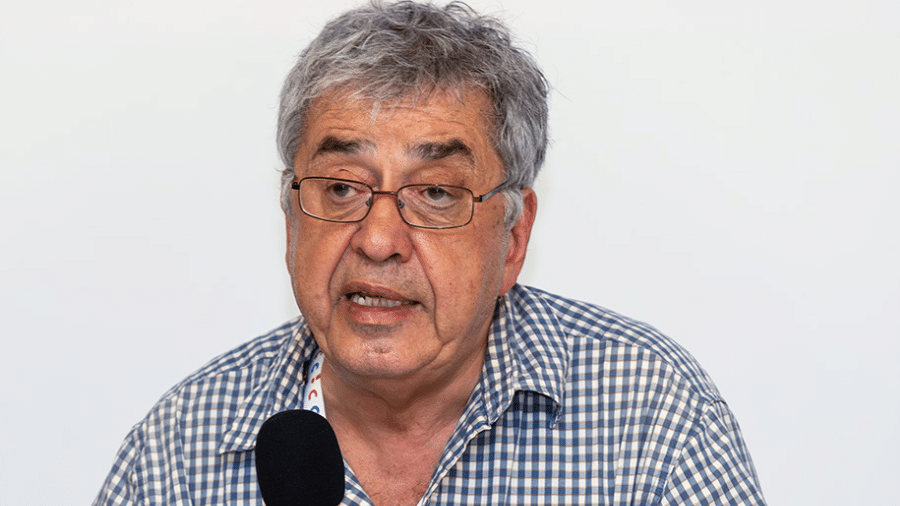A summary of Behrouz Afaq’s speech at the round table “Persian Media: Challenges and Prospects” during the third International Conference on Contemporary Iranian Studies – ICCI 2024 at Goethe University Frankfurt organized by Iran Academia University.
In his speech at the “Contemporary Iran Studies” conference, Mohammad Reza Nikfar discusses the evolving nature of media in Iran within the context of global structural changes. Traditionally, media issues in Iran have been framed as problems of censorship and lack of free expression. While this remains a significant concern, Nikfar argues that the problem has acquired new dimensions due to global transformations in communication.
He traces the history of media in Iran, beginning with the concept of the “fourth estate” during the Constitutional Revolution, which envisioned free press as a critical force monitoring other branches of government. However, this ideal never fully materialized, and with the erosion of a national framework and the absence of a true division of powers, the concept of an independent, critical media in Iran has become obsolete.
Nikfar explores various stages of media development in Iran, from the early printed press, telegraph, and underground pamphleteering, to the rise of radio, television, and today’s digital age dominated by the internet and social media. These changes reflect a shift from traditional censorship to a more complex environment where information is abundant but often shaped by superficial engagement, driven by metrics such as “followers” and “likes,” rather than critical thinking or reasoned debate.
He emphasizes the global nature of media problems today, where even in so-called “free” societies, truth is often eclipsed by popularity, and meaningful public discourse is overshadowed by the noise of social media. The challenge for Iran is compounded by internal despotism, regional conflicts, and the influence of global power struggles. While the internet has bypassed some traditional forms of censorship, Nikfar argues that the mere availability of information does not guarantee the spread of truth.
He warns against the naive belief that lifting censorship will automatically lead to a more informed public. Instead, the current state of media, both globally and in Iran, often serves to reinforce existing power structures and spread misinformation.
In this context, Nikfar calls for a critical reassessment of the role of media, urging a return to reality and thoughtful critique, rather than blind reliance on the digital tools that may perpetuate the status quo.
He advocates for a reflective approach to media consumption, where individuals actively resist becoming complicit in the manipulation and simplification of complex issues, such as the recent protests in Iran and the ongoing conflict in Gaza.



